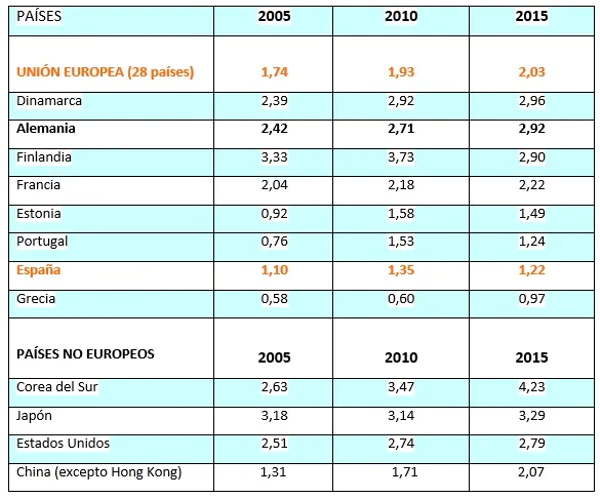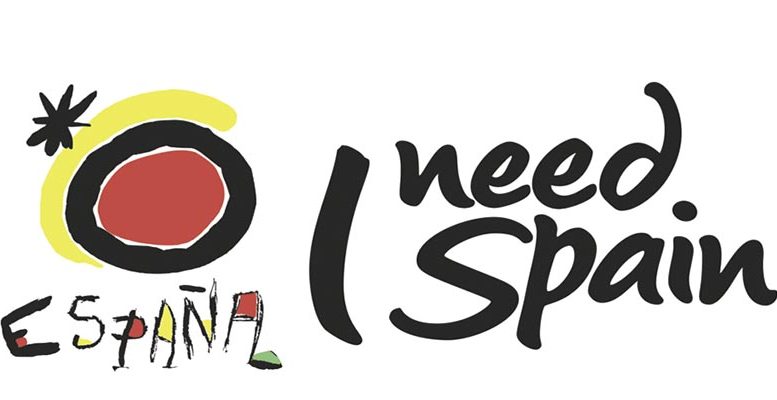The Conversation | Spain scores very well in some of the parameters that generate soft power. We have a gastronomy, a cultural heritage, writers, filmmakers and sportsmen of the highest level. All this creates a kind of affection and attraction towards Spain among the citizens of other countries, which results in economic benefits, either through tourism or through the consumption of products made in Spain.
In other words, a country’s soft power is its capacity to weave alliances and influence in the international sphere through the interest that the cultural, political or economic attributes of its society arouse in the citizens of other nations. This attraction will be fostered without resorting to coercion or the use of military force (hard power).
Although it is complicated to measure the soft power that a given country possesses, the indicators that are usually taken into consideration are political stability, the quality of democracy, respect for human rights and the environment; economic development and the standard of living of its citizens; culture, education, scientific progress, the prestige of its universities and sports and gastronomy.
Where do you think we score best and what are the flaws in our external image?
Spain is no longer so different
The image that foreign citizens have of Spain has changed, for the better, in the last half century. Although there are still clichés associated with the slogan, Spain is different, promoted in the 1960s to attract tourists, the truth is that Spain has improved a lot in economic, educational and scientific terms since then.
The desire to converge with our European neighbors was the fundamental driving force behind this change. In general terms, Spain is today a country that meets European standards, and even leads in some areas of scientific development, not to mention sporting success, or the international fame of filmmakers, writers or chefs. But all that glitters is not gold.
On the occasion of the centenary of the Nobel Prize for medicine awarded to Santiago Ramón y Cajal, the debate was stirred up: how is it possible that no other Spaniard has been awarded such prestigious recognition? In recent years, the scientific community has mobilized, demanding improvements in funding conditions, severely affected by the accumulated cuts.

Just over a year ago, the prestigious oncologist Mariano Barbacid emphasized this message, denouncing the critical situation of research in Spain. The figures are usually stubborn in spite of politicians trying to hide them. “If you don’t receive European funds or funds from other private sources, it is practically impossible to work with what you are given,” he added.
No less worrying is the so-called “scientific exile”, which affects thousands of young Spaniards, forced to look for work abroad. Although it is difficult to give precise figures, we are talking about 10,000-15,000 researchers.
The bad thing is not that they go abroad, on the contrary! It is positive to do so, because of the possibilities of improving training. The problem arises if the departure becomes a non-return; not to mention the money invested in their training. “Spain, quarry of scientists playing in foreign leagues”, could be the headline. The former Minister of Science, Innovation and Universities, Pedro Duque, announced his commitment to reverse the situation. A ray of hope. We shall see.
In addition, there are other recent statistics that should not fall on deaf ears or invite euphoria. For example, the number of researchers in the public sector has fallen by 12% between 2010 and 2015, without a significant rise in the private sector.
Read the full article at https://theconversation.com/que-es-el-poder-blando-y-por-que-espana-es-una-potencia-119216





